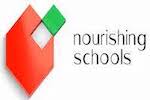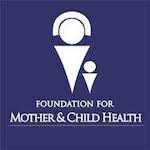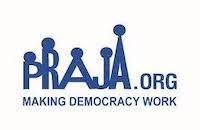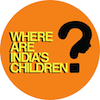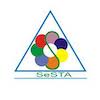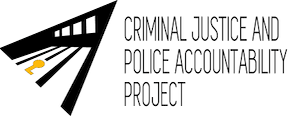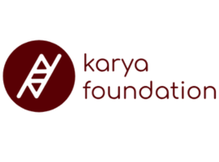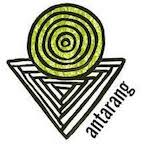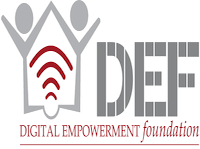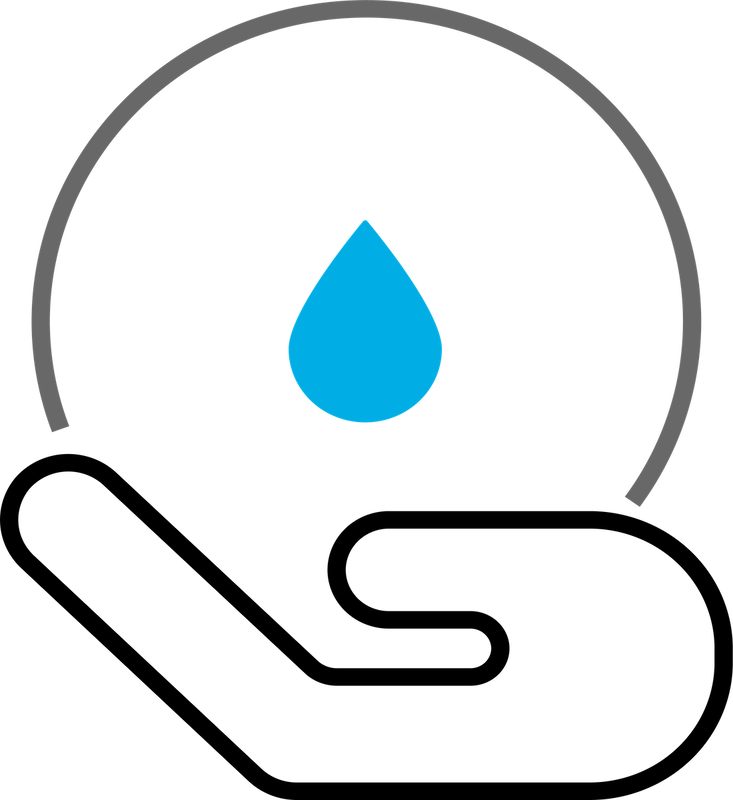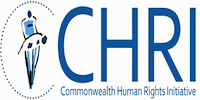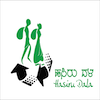D4GX 2022 India Empowerment Challenge Winners
We are pleased to announce 12 winners for the D4GX 2022 India Empowerment Challenge.
The 4 grant winners i.e Nourishing Schools Foundation, Where are India’s Children, Project Karya, and Commonwealth Human Rights Initiative received innovation design grants worth INR 10 lakhs each.
The 8 finalists, i.e FMCH India, Praja Foundation, Seven Sisters Development Assistance (SeSTA), Criminal Justice and Police Accountability Project, Antarang Foundation, Digital Empowerment Foundation, Hasiru Dala , Centre for Advocacy and Research (CFAR) form the shortlisted cohort.
All the 12 finalists will receive amplification support from Bloomberg, Dasra, Societal Platform, and Bill & Melinda Gates Foundation networks, and 1:1 mentorship support from the Bloomberg Engineering and Global Data teams in India.
If you are interested in finding out more about the applicants or wish to reach out to any of them, please write to us at d4gxindia@dasra.org.
The 4 grant winners i.e Nourishing Schools Foundation, Where are India’s Children, Project Karya, and Commonwealth Human Rights Initiative received innovation design grants worth INR 10 lakhs each.
The 8 finalists, i.e FMCH India, Praja Foundation, Seven Sisters Development Assistance (SeSTA), Criminal Justice and Police Accountability Project, Antarang Foundation, Digital Empowerment Foundation, Hasiru Dala , Centre for Advocacy and Research (CFAR) form the shortlisted cohort.
All the 12 finalists will receive amplification support from Bloomberg, Dasra, Societal Platform, and Bill & Melinda Gates Foundation networks, and 1:1 mentorship support from the Bloomberg Engineering and Global Data teams in India.
If you are interested in finding out more about the applicants or wish to reach out to any of them, please write to us at d4gxindia@dasra.org.
|
|
Nourishing Schools Programme: This innovation tracks the health and nutrition related behaviors of adolescents in school from 4th to 9th grade and helps children solve problems in their schools and communities related to malnutrition NuTree App: The app was built in order to ensure that mothers get quality care during the first 1000 days with timely inputs from frontline workers Annual White Paper: Praja provides relevant information to urban governance stakeholders to equip them to address inefficiencies in the implementation of various health schemes and policies. |
|
|
Child Lifecycle Management Solution (CLMS): Child Lifecycle Management Solution (CLMS) captures relevant verified data about all children at Child Care Institutions (CCIs). SeSTA Mobile Application: SeSTA mobile app collects basic details of a farmer such as land and income details, etc. for understanding baseline income and land utilization patterns. Criminal Justice and Police Accountability Project: The CPA Project has been uniquely placed to undertake work with communities in Bhopal due to the multi-pronged complementary strategies of research and litigation and cause lawyering
|
|
Project Karya: Karya uses crowdsourcing to bring dignified, digital work to economically disadvantaged Indians, giving them a pathway out of poverty. Career GPS: is a one-stop destination akin to Google Maps for guiding adolescents on their career journey to reach their aspirational careers. Soochapreneur: The model is based on the conceptualizations of information as a right and information as a service. The Soochnapreneurs earn a livelihood while simultaneously becoming change makers in their communities. |
|
|
Using data for improving sanitation and hygiene for menstruating women prisoners: This data-led innovation will focus on taking forward the findings of the existing exploratory research, to ensure better and improved menstrual hygiene management in prisons based on actual needs of women Hasiru Mahithi: Hasiru Dala aims to create a database of informal waste workers, who are skilled and knowledgeable workers, and can be integrated to manage sustainable waste management for the city and Gram Panchayats. Saniwall Community Dashboard on Urban Sanitation: Saniwall reflects the status of WSH services, community needs and suggestions to improve service delivery It is a yardstick to measure WSH services from level of policy to its implementation and delivery. It represents the collective effort made by community or residents of the ward to monitor access to safely managed sanitation and water services |

